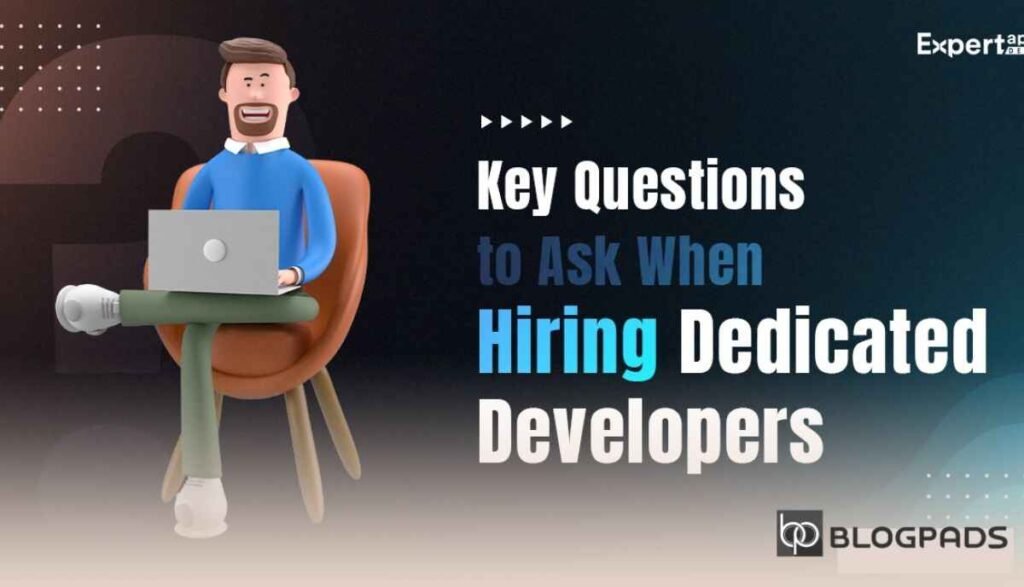Why Is Hiring the Right Game Developer Critical?
Top Questions to Ask When Hiring Game Developers for Long-Term Projects Imagine building a house without a skilled architect—it’s bound to crumble. Similarly, hiring the wrong game developer can lead to poor-quality games, missed deadlines, and frustrated teams. Game developers are the backbone of any gaming project, responsible for transforming your creative vision into reality. Selecting the right individual ensures your project stays on track and delivers a memorable gaming experience.
What Skills Should You Look For?
1. Technical Expertise
Technical skills are the foundation. Look for proficiency in programming languages such as C++, C#, or Python and game engines like Unity or Unreal Engine.
2. Creative Problem-Solving
Gaming is about innovation. Does the developer show creativity in overcoming technical challenges?
3. Analytical Thinking
Strong analytical skills help developers debug issues and optimize game performance efficiently.
Experience Matters: How to Gauge It?
When assessing experience, don’t just look at years spent in the industry. Dig deeper:
- What types of games have they worked on? Are they relevant to your project?
- Have they handled similar scales of projects? For long-term projects, experience with iterative development cycles is a must.
- Do they have experience in cross-platform game development? This can broaden your game’s reach.
How Do They Approach Problem-Solving?
A great game developer sees challenges as opportunities. Ask:
- How do they handle unexpected bugs?
- Can they share an example of a tricky issue they resolved?
Understanding their problem-solving approach reveals their ability to navigate the inevitable obstacles in game development.
Teamwork and Collaboration: Are They a Good Fit?
Game development isn’t a solo quest; it’s a team raid. You’ll need someone who communicates effectively and collaborates with artists, designers, and other developers. Ask:
- How do they handle feedback?
- What’s their experience working in diverse teams?
These questions help you evaluate if they can contribute positively to team dynamics.
Technical Skills: What to Evaluate?
Game developers must have a robust technical toolkit. Evaluate:
- Programming Languages: C++, JavaScript, and Python.
- Game Engines: Unity, Unreal Engine, or Godot.
- Other Tools: Knowledge of APIs, version control systems like Git, and testing frameworks is critical.
Understanding Long-Term Project Commitment
1. Reliability
Ask candidates about their track record with long-term projects. Did they see them through to the end?
2. Adaptability
Can they handle scope changes or pivots during a multi-year project? Long-term commitment demands resilience and adaptability.
Creative Thinking and Adaptability
Creativity is the heart of game development. Test their adaptability with hypothetical scenarios:
- How would they redesign a failed game mechanic?
- How do they handle client revisions or new trends?
These questions reveal their flexibility and innovative thinking.
Communication Skills and Transparency
Transparent communication is vital in long-term projects. Ask:
- How do they report progress?
- What’s their approach to handling delays or setbacks?
Good communication prevents misunderstandings and keeps everyone aligned.
Work Portfolio and Past Projects
A strong portfolio speaks volumes. Look for:
- Completed Projects: Assess the quality and relevance.
- Demos or Playable Versions: These offer deeper insights into their work.
- Reviews and Feedback: What do previous clients or employers say about their performance?
What Tools and Technologies Are They Proficient In?
Game developers must be tech-savvy. Ask about:
- Familiarity with Game Engines: Unity, Unreal, etc.
- Use of Collaborative Tools: Trello, Slack, or Jira for project management.
- Knowledge of Latest Trends: Are they up-to-date with AR, VR, or AI integrations?
Cultural Fit and Passion for Gaming
1. Shared Vision
Does their vision align with yours? For long-term success, cultural fit is as crucial as technical skills.
2. Passion for Gaming
A passionate developer brings enthusiasm, making the creative process enjoyable and productive.
How Do They Handle Deadlines and Pressure?
Meeting deadlines under pressure is a hallmark of a reliable developer. Ask:
- How do they prioritize tasks?
- What’s their strategy for staying productive during crunch times?
Their responses will give you a glimpse into their work ethic and stress management.
Conclusion
Top Questions to Ask When Hiring Game Developers for Long-Term Projects Hiring the right game developer for a long-term project is like selecting the ultimate teammate for a multiplayer campaign. By asking the right questions, you can ensure you bring someone on board who not only has the skills and experience but also shares your vision and values. Remember, the success of your game isn’t just about great ideas—it’s about having the right people to bring those ideas to life.
FAQs
1. How do I evaluate a game developer’s portfolio?
Look for diversity, quality, and relevance. Play their demos if available and read client feedback.
2. What’s the importance of technical tests in hiring?
Technical tests assess hands-on skills, ensuring candidates can translate knowledge into action.
3. Should I prioritize experience over creativity?
Both are essential. Ideally, look for a balance depending on your project’s needs.
4. How can I test a developer’s adaptability?
Present a hypothetical problem or request changes to an existing idea to observe their reaction.
5. How do I ensure a candidate is a good cultural fit?
Discuss your team’s working style, values, and vision to see if they align with the candidate’s expectations.

